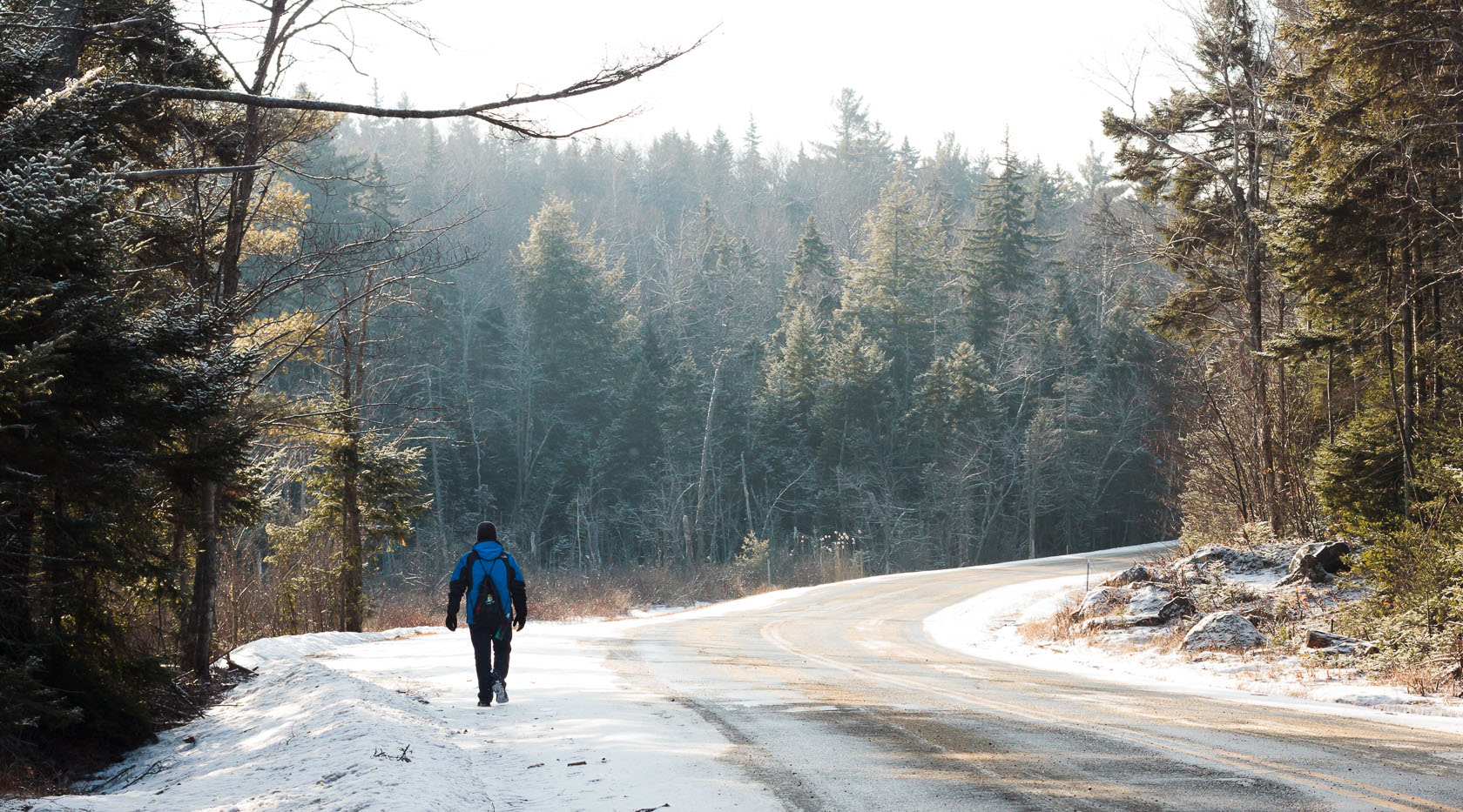
Novermber 9, 2023
New Hampshire and the Lakes Region boast breathtaking landscapes that transform into a winter wonderland when the snow starts to fall. While the snow-covered scenery is enchanting, winter in this region demands thorough preparation to ensure the safety and comfort of residents. In this article, we'll explore a comprehensive guide to help you get ready for the challenges and delights of a New Hampshire winter.
Prevent heat loss by sealing gaps around windows and doors. Use weather stripping and caulking to keep the cold air out and the warmth in.
Schedule a professional inspection of your heating system to ensure it's in optimal condition. Replace filters, bleed radiators, and consider a programmable thermostat for energy efficiency.
Invest in a reputable brand of rock salt that is specifically designed for melting ice and snow. Look for products that contain calcium chloride or magnesium chloride for superior effectiveness in colder temperatures. According to experts, the general rule of thumb is to use about 2-4 pounds of rock salt per 1000 square feet of pavement. However, local conditions may vary, so adjust accordingly based on the severity of the weather.
New Hampshire winters can bring substantial snowfall, making a snow blower a valuable investment. Choose one with the right capacity for your driveway size.
Keep sturdy snow shovels on hand for smaller areas, steps, and walkways. A variety of shovels, including ergonomic designs, can make the task more manageable.
Snow stakes are essential for marking the boundaries of your driveway, making it easier to navigate during heavy snowfall. Place stakes along the edges of the driveway to guide plow operators and prevent damage to your property. Opt for snow stakes made from sturdy materials such as fiberglass or high-density polyethylene. These materials offer flexibility and durability, ensuring that the stakes can withstand the weight of heavy snow without breaking.
Ensure your propane tank is filled before winter starts. A full tank is crucial for uninterrupted heating during power outages.
Ensure that the area around your propane tank is clear of snow and ice. Accumulated snow can obstruct access to the tank and make it challenging for delivery personnel to fill it.
Installing snow shields: Consider installing snow shields or baffles around your propane tank to prevent the buildup of snow drifts. This not only facilitates easy access but also protects the tank from potential damage caused by falling ice or snow.
Regularly inspect the exhaust vents of propane appliances to ensure they are free of snow and ice. Blocked vents can lead to the accumulation of carbon monoxide, posing a serious health risk.
Place carbon monoxide detectors in key areas of your home, particularly near bedrooms and common living spaces. These detectors can provide an early warning in case of a carbon monoxide leak, allowing you to take swift action and seek professional assistance.
If you rely on a generator during power outages, test it to ensure it's in good working order. Keep an adequate supply of fuel on hand.
Ensure your vehicle is equipped with winter tires for enhanced traction. Verify that your brakes are in good condition to navigate slippery roads safely.
Remove debris from gutters to prevent ice dams that can damage your roof. Ensure downspouts direct water away from the foundation to prevent ice patches.
Heavy snow can weigh down branches, potentially causing them to break and damage your home. Trim back branches to minimize this risk.
Pack an emergency kit for your car containing essentials like blankets, non-perishable snacks, a flashlight, and a first aid kit. Include an ice scraper, jumper cables, and sand or kitty litter for traction.
For your home, keep a supply of winter essentials like warm clothing, blankets, and non-perishable food items. Be prepared for potential power outages with battery-operated devices.
Combat the winter blues by staying active. Embrace winter sports like skiing or snowshoeing to make the most of the season.
Winter in New Hampshire and the Lakes Region is a unique experience filled with beauty and challenges. By following this comprehensive guide, you'll be well-prepared to face the cold with confidence. From winterizing your home to ensuring your vehicle and propane tank are ready for the season, these preparations will help you embrace the magic of a New Hampshire winter while staying warm, safe, and secure.
